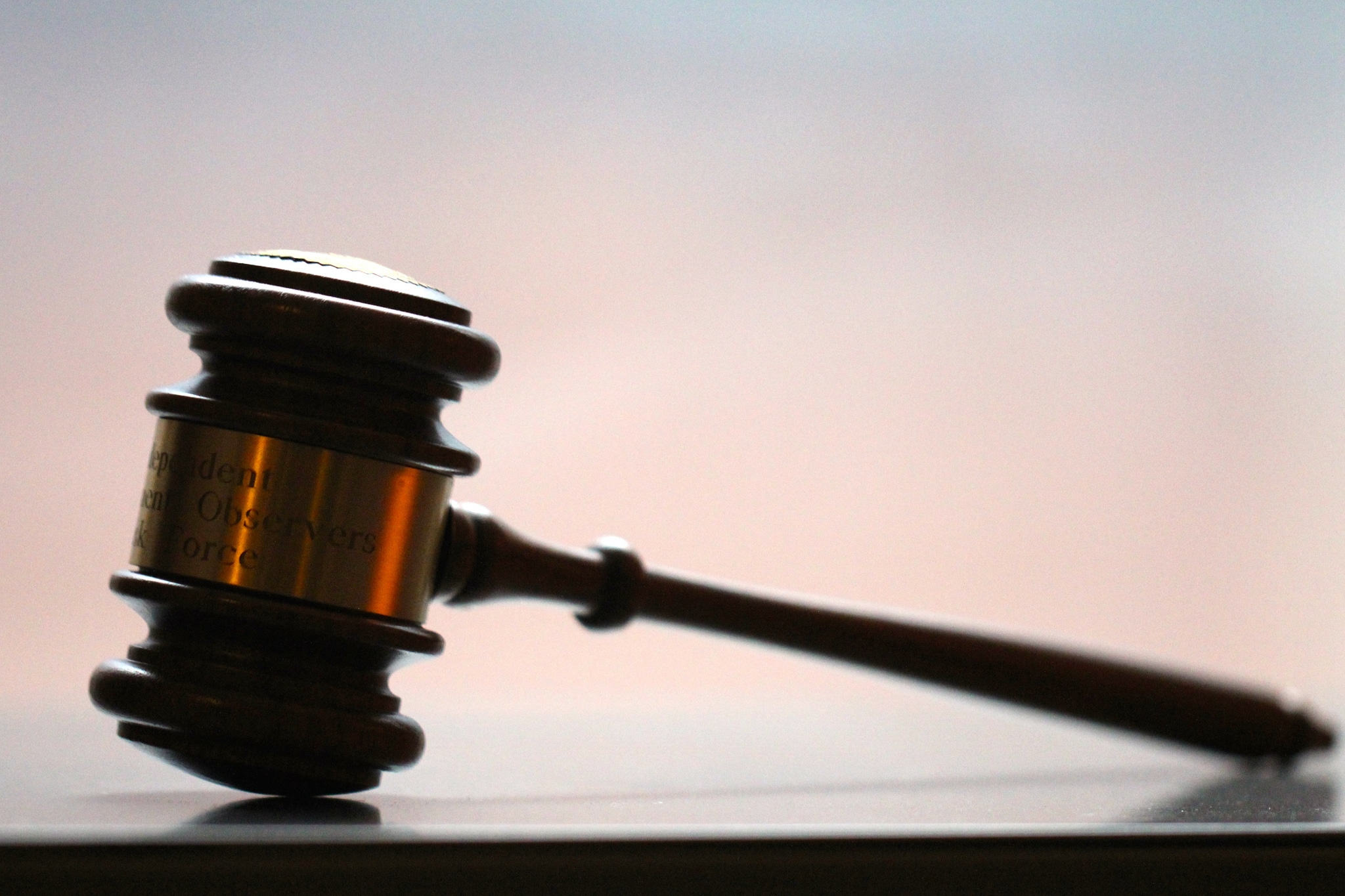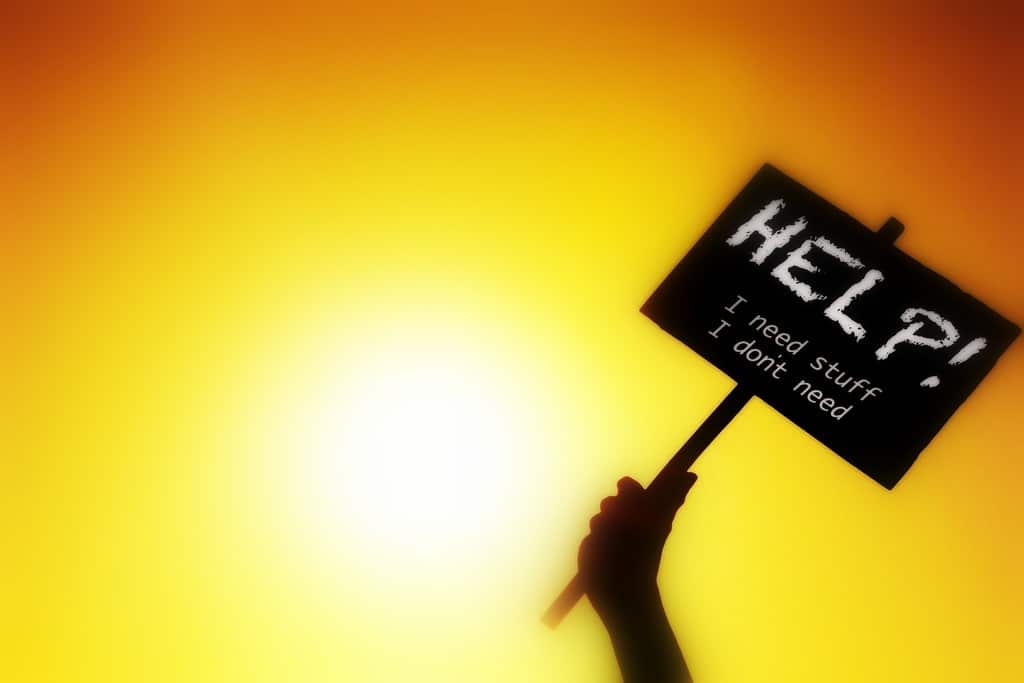
LSD microdosing is all the rage these days. Image Source: Wikimedia Commons via user Pixelmaniac Pictures
“People are finding that [LSD microdosing] permits their mind to be a little bit more expansive in terms of problem solving, at yet at the same time they are able to remain focused.” – Rick Doblin, founder and Executive Director of MAPS
If you follow psychedelic news, you have no doubt heard about the recent trend of microdosing, where people take subthreshold doses of psychedelics — particularly LSD — to enhance their creative problem solving, think outside the box, and have enhanced experiences that are not full-on psychedelic but have an extra spark of magic embedded in them. While there’s been little research done to date on microdosing, hundreds of subjective reports suggest that microdosing is effective. Its growing reputation for increased creativity and troubleshooting skills has made this once underground practice en vogue, especially in the creative and technological hub of Silicon Valley. And while more research certainly needs to be done on LSD microdosing itself, the latest research on how LSD affects the brain seems to support the claims of the fascinating effects of microdosing effects in fascinating ways.
What Science Says About LSD and Problem Solving
The first research done on the benefits of taking moderate doses of LSD to enhance problem-solving occurred in the 1960s, when researchers recruited theoretical physicists, architects, designers, engineers, and other professionals to see if an LSD experience could help inspire solutions to complex problems. The results of the study, called the “Psychedelic Agents in Creative Problem-Solving: A Pilot Study,” was overwhelmingly positive and resulted in many breakthroughs for the participants in their fields of study, yielding results like new space probe experiments, mathematical theorems, and conceptual models of the photon. Unfortunately, this pilot study was not allowed to advance into further studies once LSD research became illegal in 1966, but its results were so compelling that many people remained eager to look more deeply into LSD’s problem-solving characteristics once a new opportunity arose.
Five decades later, one of the scientists behind this pioneering study, Dr. James Fadiman, has continued his research into LSD, but now with microdosing. Fadiman is collecting reports from hundreds of volunteers around the globe and studying their results of using LSD at microdose levels. So far, the results are pointing to the same conclusion — that people are generally reporting that their creativity, emotional state, and focus have all benefited from regular subthreshold LSD doses.
New Insights Into How LSD Affects the Brain
Another groundbreaking study on LSD that sheds light on this topic was recently completed by Imperial College London and the Beckley Foundation. In this study, researchers used the latest brain imaging technology to look at what happened to a healthy adult brain under the effects of LSD, and the results seem to support the claim that LSD helps people to think outside the box.
Brain scans showed that when under the effects of LSD, the different networks of the brain associated with senses and mental functions were much more unified than normal, allowing people to think, perceive, and experience things in nonordinary modes. In normal waking consciousness, these neural networks function in more discreet and separate ways. But through the psychedelic experience that LSD creates, they communicate much more, creating a child-like state more prone to creative associations and understandings.
Not only does this hint that LSD microdosing does indeed have the ability to help people think in more integrated and creative ways, it also suggests that the reported microdosing benefits to emotional state and outlook are also valid. Dr. Robin Carhart-Harris who led the study claimed that these aspects of an LSD experience are “associated with improvements in well-being after the drug’s effects have subsided.”
The Future of Microdosing
With so much scientific and anecdotal evidence supporting the benefits of LSD microdosing, this is an area in great need of further research and scientific understanding. In the US, we have been historically known for our technological innovation and artistic feats, and this latest wave of microdosing popularity could very well be part of the evolution of how we seek to retain (or regain) that reputation moving into the future. Moreso, microdosing could offer other therapeutic benefits such as acting as a safe antidepressant, as the founder of LSD Albert Hofmann once speculated. The only way to find out is through a willingness to understand LSD in the context of our latest science, rather than its old stigma, and heed the overwhelming anecdotal evidence by investigating deeper with more scientific research.











We’d love to hear your thoughts- has LSD microdosing had a positive benefit on your creativity?